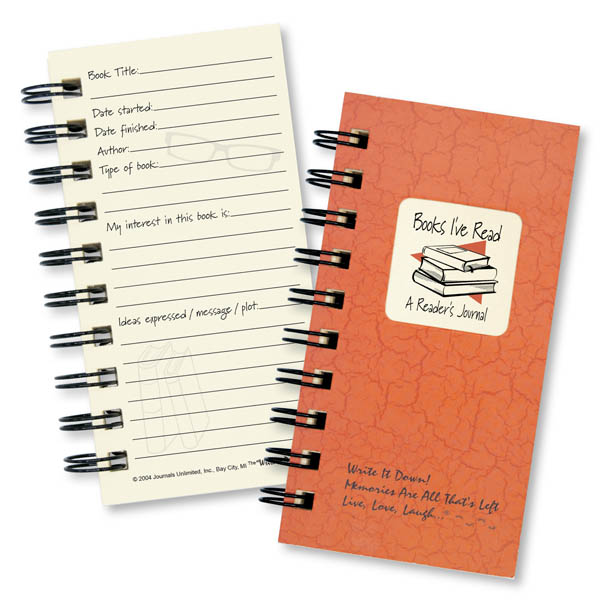

Write about compliments you received that changed your life. Write about how you’ve grown this year or what has changed for you. Prepare compliments for special people in your life. Write about something that scares you that you have to do anyway. Write about questions you have regarding religion or universal beliefs. Write about the power of forgiveness in your life. Write a description of the kind of person you want to be.

Write about what you’d do with 10% of your income if you just pulled it out of your bank as cash and went to town. Write nice things about someone you’re angry with. Write an encouraging personal note to yourself. Use a timer for a journal writing sprint. Use an image that sparks an idea for journal writing. Write a letter to someone who has passed. Write about a fear you have and how you choose to respond to it. Write about your solution to a particular problem or challenge. Describe a challenge you’re facing - or one you’ve overcome. Journal about the food you’ve eaten and what you will eat today. Write out your personal vision for this day (your intentions). Journal about your vision for the future. Create an entry with someone who is on your mind (and why). Write in your journal about the perfect day. Journal about a milestone you’ve reached or one you’re working toward. Answer this journal question, “What am I thinking?” Write down the answer to the question, “What would I love?” Journal a description of your morning routine. Write in your journal something someone said or did that made you smile. Journal about something you’re grateful for.

Include at least one sentence to indicate how your work fits into the scholarly discussion on your topic and the unique contributions you’re making. Then focus on the specifics of this particular part. If your paper addresses one small part of your thesis, briefly provide the context of the larger research project. Why your paper is worth reading (the "So what?" of your research).Why your research is important (what’s the gap in the literature that you’re addressing?).Your abstract helps perspective readers decide if they want to spend more time with your article. The abstract isn’t a retelling of your paper rather, it highlights the most important points you address in the paper. The abstract streamlines work by reminding you to consider the reader’s needs first. You won’t fit your whole thesis in one paper. As you write, you’ll know if you’re adding information that goes beyond the article’s scope. The first draft of your abstract will help you identify and stay focused on your article’s central argument. If you write the abstract before you start working on the article, you can use it to keep you on course as you write and edit. You create a scholarly record before you go on the job market, share your work with a larger audience, and gain satisfaction about your research progress.Ī good draft of an abstract guides you through an article’s conception, the writing process, and edits. It’s worth the effort to get your research published as a graduate student. Writing for Publication: Finding the Right Journalĭealing with Peer Review: Using reviewer's comments to improve your writing. You may also be interested in two companion articles from the same presentation: This article is based on a presentation given at UNL on September 4, 2014, by Professor Denise Cuthbert, Dean of the School of Graduate Research at RMIT University in Melbourne, Australia.


 0 kommentar(er)
0 kommentar(er)
